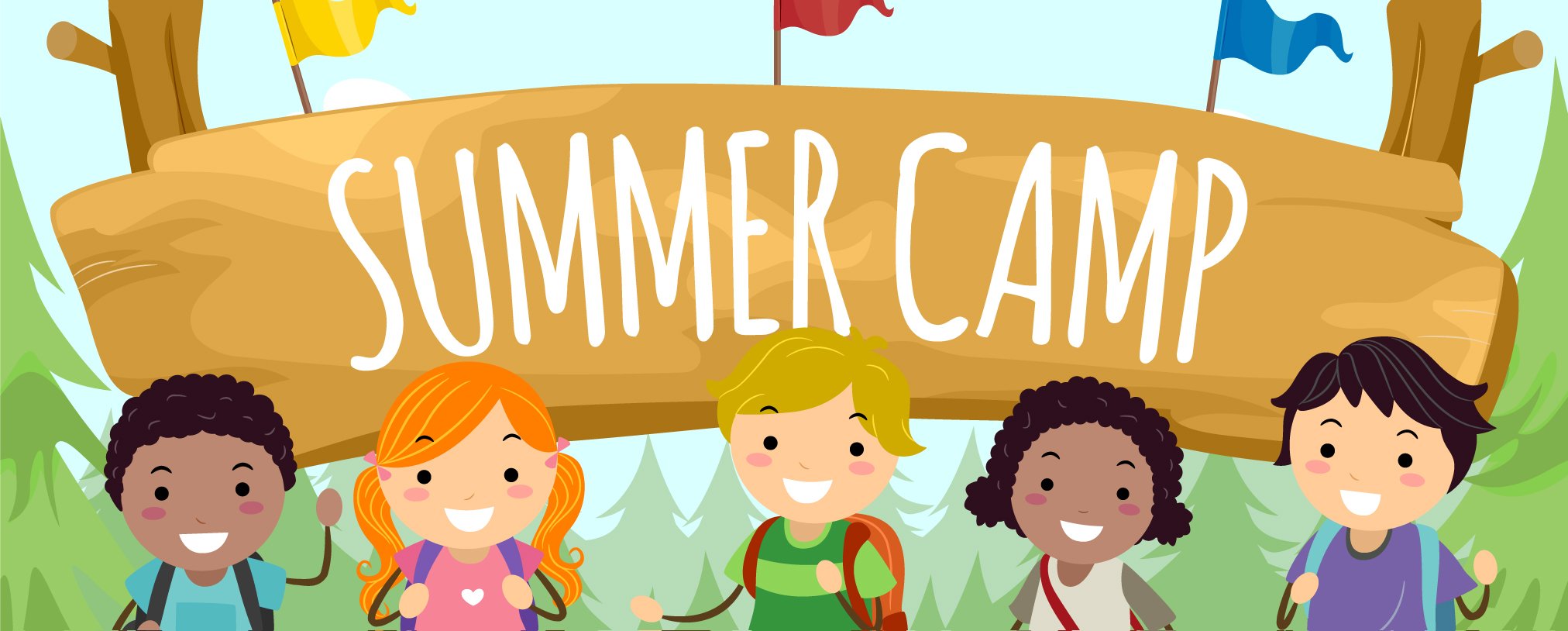Key Takeaways:
- Summer camp programs provide life skills and personal growth opportunities.
- They offer a chance to connect with new people and form lasting friendships.
- Participating in camp programs can boost college applications and enhance career prospects.
Introduction to Summer Camps
Summer camp programs have been a staple of youth experiences for decades. These camps offer a unique environment that fosters personal growth, learning, and fun. Whether it’s for a few weeks or an entire summer, the impact of attending a camp can last a lifetime. Acting as a summer camp counselor can be an enriching experience for both the participants and the counselors themselves.
Joining a summer camp is not just about fun; it’s an opportunity to develop skills and build relationships in ways that schools often can’t offer. Participants leave camps with valuable memories and lessons that guide them throughout their lives. This holistic growth environment helps young people discover themselves and the world in transformative ways.
The Value of Life Skills Learned
One of the major benefits of attending a summer camp is the development of essential life skills. Camps provide a practical learning experience where children and teens can develop important skills such as teamwork, leadership, and problem-solving. These skills are valuable in personal development and extremely beneficial in academic and professional settings.
Teamwork and Collaboration
Camp activities are designed to encourage cooperation among participants. Kids learn to work effectively with others, whether it’s team sports, group projects, or problem-solving exercises. The emphasis on collaboration teaches participants the value of teamwork and helps them understand how to constructively contribute to a group effort. According to the American Camp Association, these experiences are crucial for youth development. They can significantly shape an individual’s future behavior, providing a solid foundation for collaborative skills essential in both educational and professional environments.
Leadership and Responsibility
Many camps have systems in place to promote leadership among their campers. Opportunities to lead activities, manage group tasks, or mentor younger participants help children and teens develop a sense of responsibility and confidence in their leadership abilities. This can be a transformative experience for many young people, offering a safe space to take on leadership roles and refine their skills.
Camp leadership roles also encourage participants to set goals, inspire others, and take responsibility for group outcomes. Such experiences can be incredibly empowering and provide tangible proof of leadership capabilities, which can be highlighted in future academic and career endeavors.
Building Lasting Friendships
At camp, participants can meet new people from diverse backgrounds and form friendships that often last a lifetime. Shared experiences, group challenges, and mutual achievements create strong bonds beyond the camp’s duration.
These friendships are often based on deeply shared experiences and mutual support during camp activities. As referenced in an article by CampMinder, the friendships formed at camps are fleeting and enduring. They teach social skills such as empathy, communication, and conflict resolution. These relationships can provide a strong support network and beneficial social skills.
Boosting College Applications
In addition to fun and friendship, summer camps can also be a valuable asset in college applications. Admissions officers favor applicants who demonstrate well-rounded experiences, leadership roles, and extracurricular engagement. Participation in camp programs can highlight these attributes and set an application apart from others.
Camp experiences provide concrete examples of unique skills and interests that can be included in college essays and interviews. The diverse range of activities and responsibilities available at camps showcases a student’s versatility and proactive attitude, which are highly valued by college admissions committees. Moreover, the leadership roles and team dynamics experienced at camp often translate to impressive, real-world anecdotes that give college applications a competitive edge.
Gaining Career-Enhancing Experiences
Besides academic benefits, camp experiences can also enhance career prospects. Skills like leadership, communication, and teamwork are highly valued in the workplace. Hands-on experiences at camp provide concrete examples of these skills, making job candidates more attractive to employers. Furthermore, former camp counselors often have strong resumes that reflect their breadth of experiences and adaptability.
Working as a camp counselor, for example, teaches time management, mediation, and conflict resolution—all skills that are directly transferable to professional settings. Employers recognize camp staff’s challenges and responsibilities and often view such experiences as indicative of strong character and a robust work ethic. This can boost early career and open doors to various professional opportunities.
Diverse Camp Options
Many camp options are available, catering to various interests and age groups. From traditional camps that offer a wide range of activities to specialized ones focusing on sports, arts, or science, there’s a camp for everyone. These diverse options mean that every participant can find a camp that fits their interests and goals.
For instance, art-focused camps can nurture creativity and passion for the arts. In contrast, science camps can ignite curiosity and foster a love for STEM subjects. The key is finding the right match for each individual’s interests and objectives. The opportunities are endless, and so many options are available, from adventure and wilderness camps to tech and innovation camps. This allows participants to explore new interests or deepen their passions in a supportive and immersive environment.
Conclusion
Participating in summer camps offers numerous benefits that extend far beyond just having a good time. The personal growth, life skills, friendships, and career advantages gained at camp can have long-lasting effects. Parents and guardians should consider these extensive benefits when planning summer activities for their children. Whether participating as a camper or a counselor, the experiences and skills acquired at camp can be substantial and enduring.
Camp time contributes to a well-rounded, enriched life experience that enhances personal development, academic success, and career potential. The memories made and skills learned during a summer at camp can positively influence a participant’s life for years to come.
Keep an eye for more news & updates on TribunExpress.Com!




